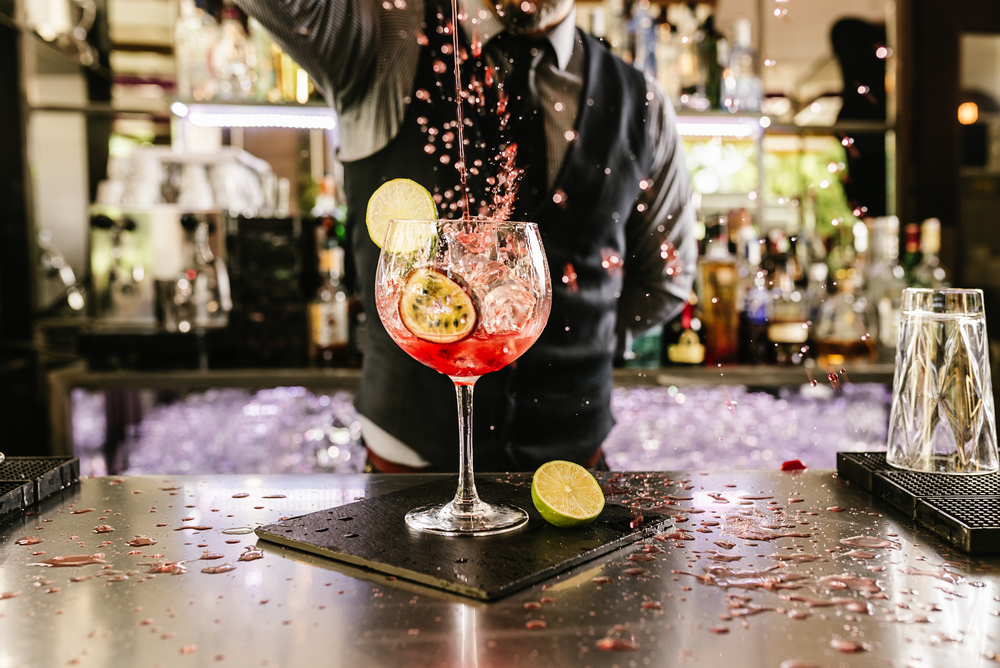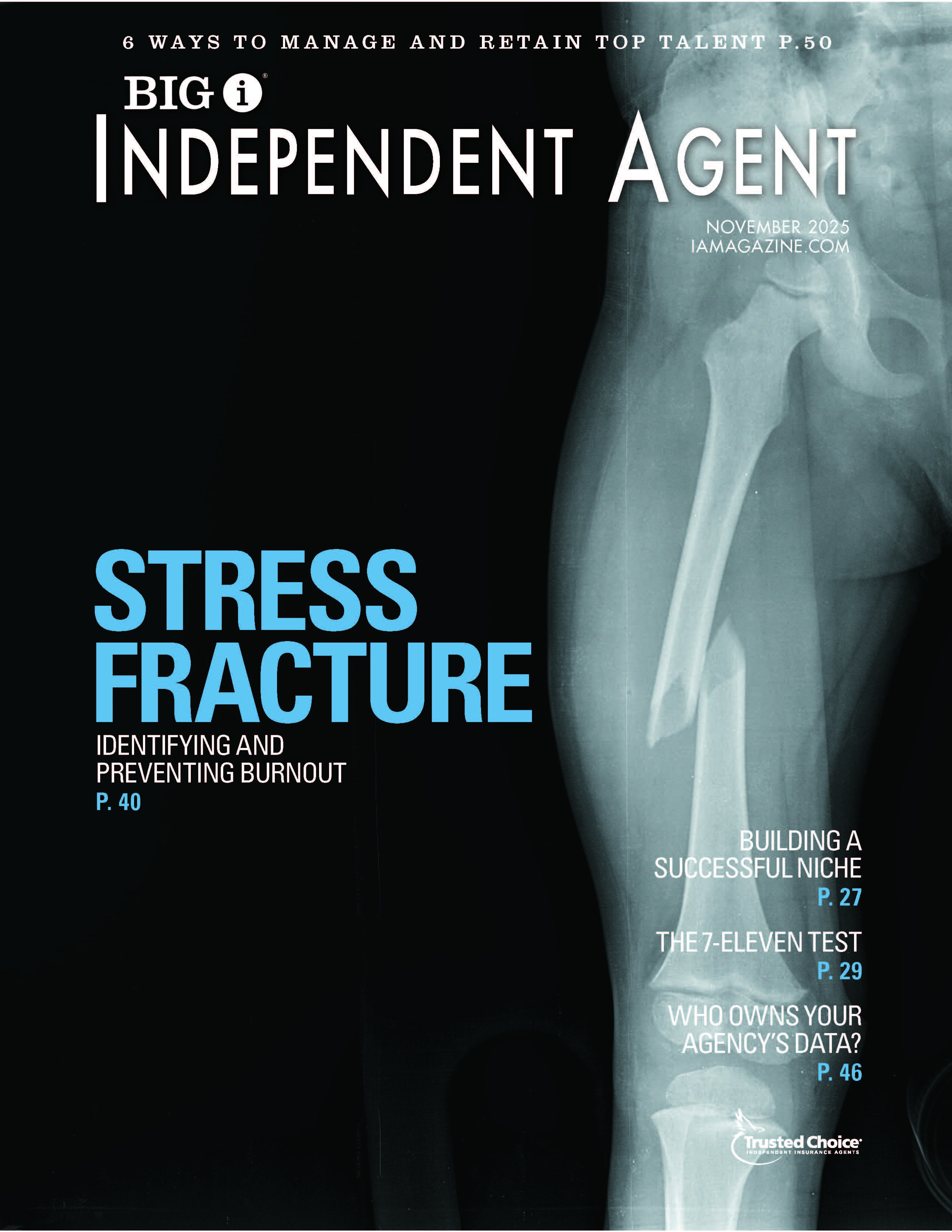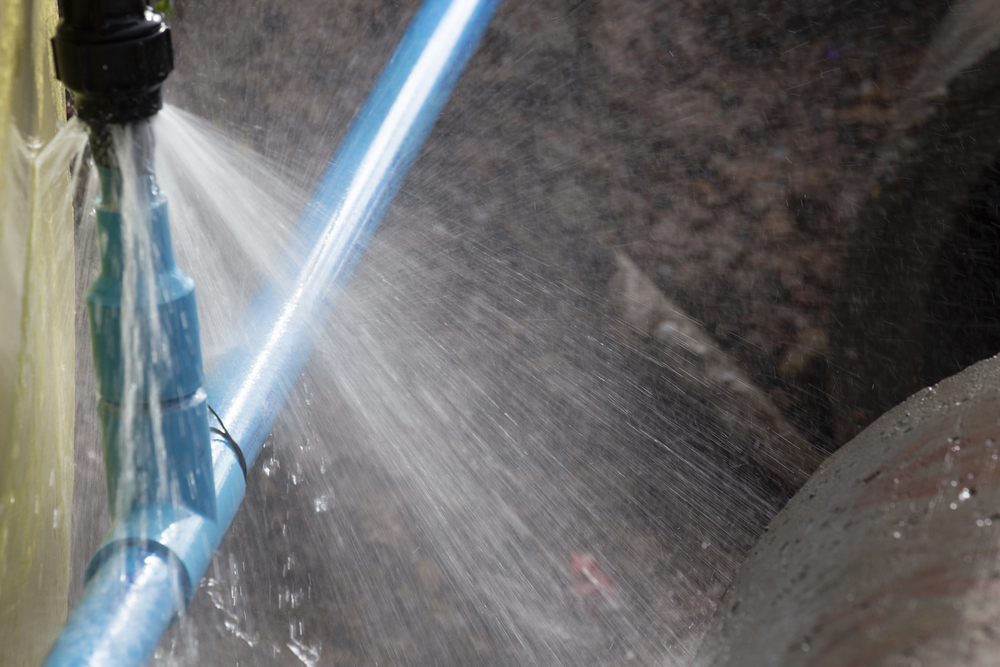How a BOP’s Liquor Liability Exclusion Responds to Third-Party Alcohol Sales

By: Big “I” Virtual University Faculty
A commercial insured regularly holds events at hotels and serves liquor when a bar is present. The insured’s employees are not allowed to partake, but guests can. The insured pays for a hosted bar with wine, beer, soda and water, and any cocktails are paid for by the guests.
Q: Does a host liquor liability coverage amendment in a business owners policy respond to this situation?
Response 1: When your client contracts with a third-party caterer, bar or restaurant to provide the liquor service, they are not in the business of serving or selling alcohol. The exclusion does not apply to the host. In the BOP amendment, “Liquor Liability Exclusion – Exception for Scheduled Premises or Activities,” it states: “This exclusion applies only if you: (a) Manufacture, sell or distribute alcoholic beverages.”
The insured should obtain a certificate of insurance from the provider that specifically lists the venue or caterer’s liquor liability coverage.
Response 2: It depends on what your insured does. This exclusion applies only if the named insured is in the business of manufacturing, distributing, selling, serving or furnishing alcoholic beverages.
Is your client in any of those businesses or merely having an event at a hotel with a licensed bar where your client hosts by chipping in on some of the beverage costs? If the latter, then you should be fine.
In a contrasting example, some fundraising organizations have events like a casino night where they sell alcohol at a profit to raise money for their cause. Even if the bars are run by licensed caters or a hotel, I would suggest purchasing liquor liability coverage because they are in the gray zone of earning a profit on the liquor sales that are part of their business to raise money.
Response 3: With this so-called “host” liquor coverage, it is important to keep in mind that this is not an affirmative grant of coverage but instead an exception to the liquor exclusion. In any event, it states the exclusion applies only if the named insured is in the business of manufacturing, distributing, selling, serving or furnishing alcoholic beverages.
Further, it is common for insurers to expand the liquor exclusion by endorsement—including excluding coverage for liquor sold or furnished for a charge by the insured. You need to determine if an endorsement is on the policy.
Response 4: This exception to an exclusion is a minefield. Whether there is coverage or not is determined by whether the insured is in the business of distributing alcohol. What constitutes being in the business is subject to broad interpretation, and questions about coverage can only be answered with reference to the exact circumstances in the case and the case law in your jurisdiction.
It’s been my position that the language you describe is only good enough in cases where involvement with alcohol is incidental and very infrequent. If there’s any frequency or if there’s any hint of money changing hands, I would take the question to the underwriters. And unless they can give a solid assurance of coverage—which they usually can’t—I recommend liquor liability coverage.
Response 5: The liquor liability exclusion is very broad. It does not require selling, but also applies to the serving or furnishing of alcoholic beverages. If their business operations contemplate any serving or furnishing, it opens the door to them being in the business.
There are some routes to better protect the client. One is to buy liquor liability on an “if any” basis. Another is to add CG 24 08, which removes the liquor liability exclusion, usually at no charge. CG 20 51 allows you to schedule a specific operation to be carved out from the exclusion. And CG 20 50 limits exclusions if a license is required for serving alcohol without a charge—but if the insured allows people to bring alcoholic beverages on premises to be served, the exclusion still applies.
This question was originally submitted by an agent through the Big “I” Virtual University’s (VU) Ask an Expert service, with responses curated from multiple VU faculty members. Answers to other coverage questions are available on the VU website. If you need help accessing the website, request login information.
This article is intended for general informational purposes only, and any opinions expressed are solely those of the author(s). The article is provided “as is” with no warranties or representations of any kind, and any liability is disclaimed that is in any way connected to reliance on or use of the information contained therein. The article is not intended to constitute and should not be considered legal or other professional advice, nor shall it serve as a substitute for obtaining such advice. If specific expert advice is required or desired, the services of an appropriate, competent professional, such as an attorney or accountant, should be sought.










